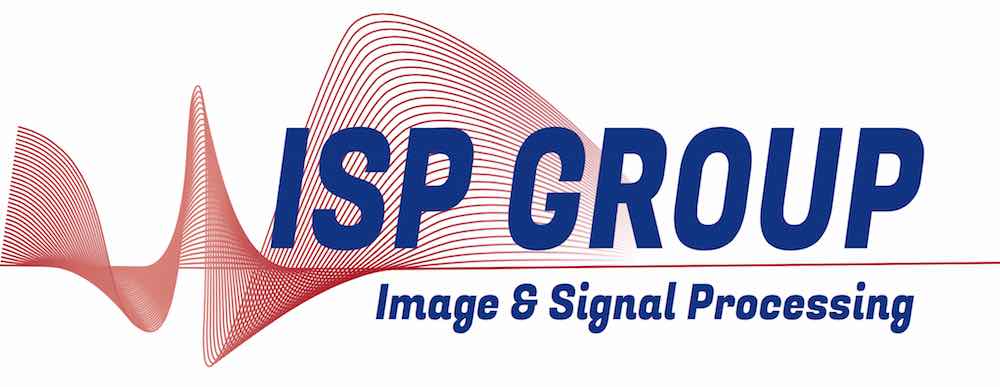Shannon Seminar Room (a105) Place du Levant 3, Maxwell Building, 1st floor -- Wednesday, 08 May 2013 at 14:00 (45 min.)
{
"name":"A resource allocation framework for adaptive selection of point matching strategies for visual tracking",
"description":"The presentation introduces an object tracking framework based on the matching of points between pairs of consecutive video frames. The approach is especially relevant to support object tracking in close-view video shots, as for example encountered in the context of the PTZ camera autotracking problem. In contrast to many earlier related works, we consider that the matching metric of a point should be adapted to the signal observed in its spatial neighborhood, and introduce a cost-benefit framework to control this adaptation with respect to the global target displacement estimation objective. Hence, the proposed framework explicitly handles the trade-off between the point-level matching metric complexity, and the contribution brought by this metric to solve the target tracking problem. As a consequence, and in contrast with the common assumption that only specific points of interest should be investigated, our framework does not make any a priori assumption about the points that should be considered or ignored by the tracking process. Instead, it states that any point might help in the target displacement estimation, provided that the matching metric is well adapted. Measuring the contribution reliability of a point as the probability that it leads to a crorrect matching decision, we are able to define a global successful target matching criterion. It is then possible to minimize the probability of incorrect matching over the set of possible (point,metric) combinations and to find the optimal aggregation strategy.",
"startDate":"2013-05-08",
"endDate":"2013-05-08",
"startTime":"14:00",
"endTime":"14:45",
"location":"Shannon Seminar Room (a105) Place du Levant 3, Maxwell Building, 1st floor",
"label":"Add to my Calendar",
"options":[
"Apple",
"Google",
"iCal",
"Microsoft365",
"MicrosoftTeams",
"Outlook.com"
],
"timeZone":"Europe/Berlin",
"trigger":"click",
"inline":true,
"listStyle":"modal",
"iCalFileName":"Seminar-Reminder"
}
The presentation introduces an object tracking framework based on the matching of points between pairs of consecutive video frames. The approach is especially relevant to support object tracking in close-view video shots, as for example encountered in the context of the PTZ camera autotracking problem. In contrast to many earlier related works, we consider that the matching metric of a point should be adapted to the signal observed in its spatial neighborhood, and introduce a cost-benefit framework to control this adaptation with respect to the global target displacement estimation objective. Hence, the proposed framework explicitly handles the trade-off between the point-level matching metric complexity, and the contribution brought by this metric to solve the target tracking problem. As a consequence, and in contrast with the common assumption that only specific points of interest should be investigated, our framework does not make any a priori assumption about the points that should be considered or ignored by the tracking process. Instead, it states that any point might help in the target displacement estimation, provided that the matching metric is well adapted. Measuring the contribution reliability of a point as the probability that it leads to a crorrect matching decision, we are able to define a global successful target matching criterion. It is then possible to minimize the probability of incorrect matching over the set of possible (point,metric) combinations and to find the optimal aggregation strategy.
